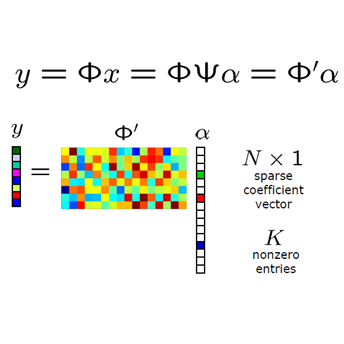Decentralized federated learning (DFL) has gained popularity due to its practicality across various applications. Compared to the centralized version, training a shared model among a large number of nodes in DFL is more challenging, as there is no central server to coordinate the training process. Especially when distributed nodes suffer from limitations in communication or computational resources, DFL will experience extremely inefficient and unstable training. Motivated by these challenges, in this paper, we develop a novel algorithm based on the framework of the inexact alternating direction method (iADM). On one hand, our goal is to train a shared model with a sparsity constraint. This constraint enables us to leverage one-bit compressive sensing (1BCS), allowing transmission of one-bit information among neighbour nodes. On the other hand, communication between neighbour nodes occurs only at certain steps, reducing the number of communication rounds. Therefore, the algorithm exhibits notable communication efficiency. Additionally, as each node selects only a subset of neighbours to participate in the training, the algorithm is robust against stragglers. Additionally, complex items are computed only once for several consecutive steps and subproblems are solved inexactly using closed-form solutions, resulting in high computational efficiency. Finally, numerical experiments showcase the algorithm's effectiveness in both communication and computation.
翻译:暂无翻译



